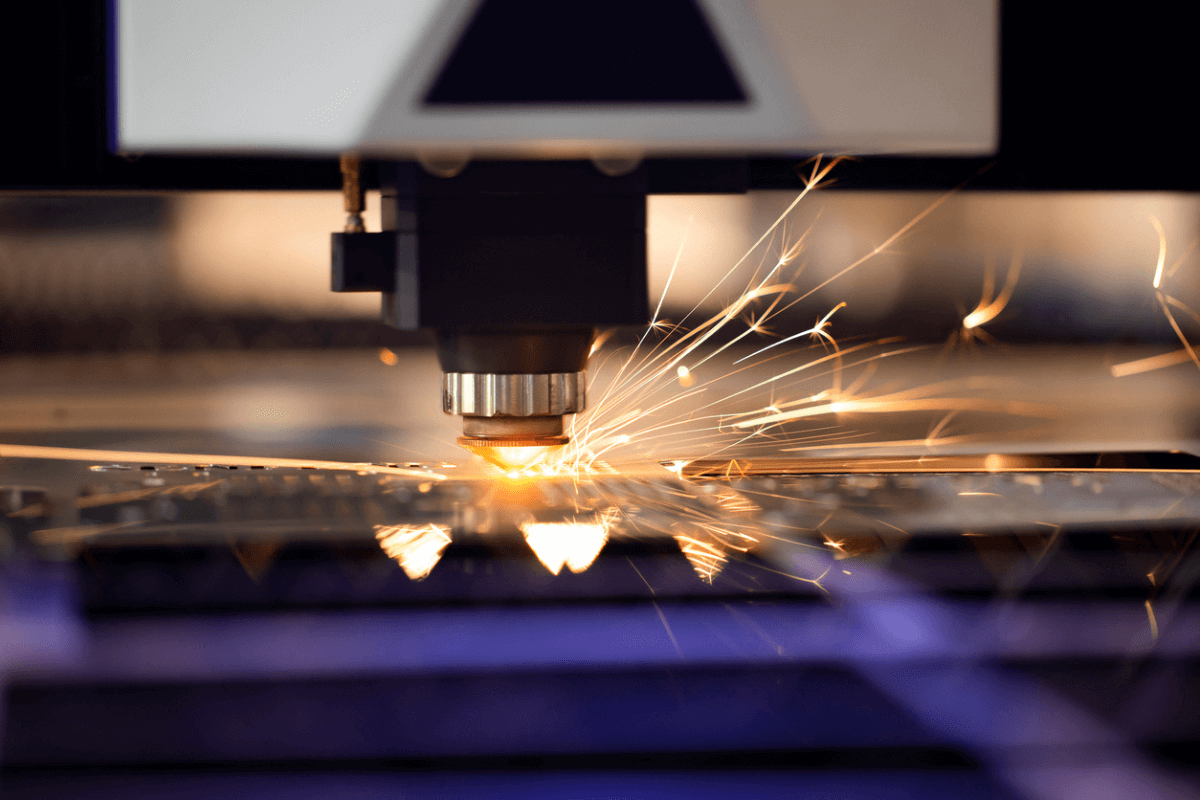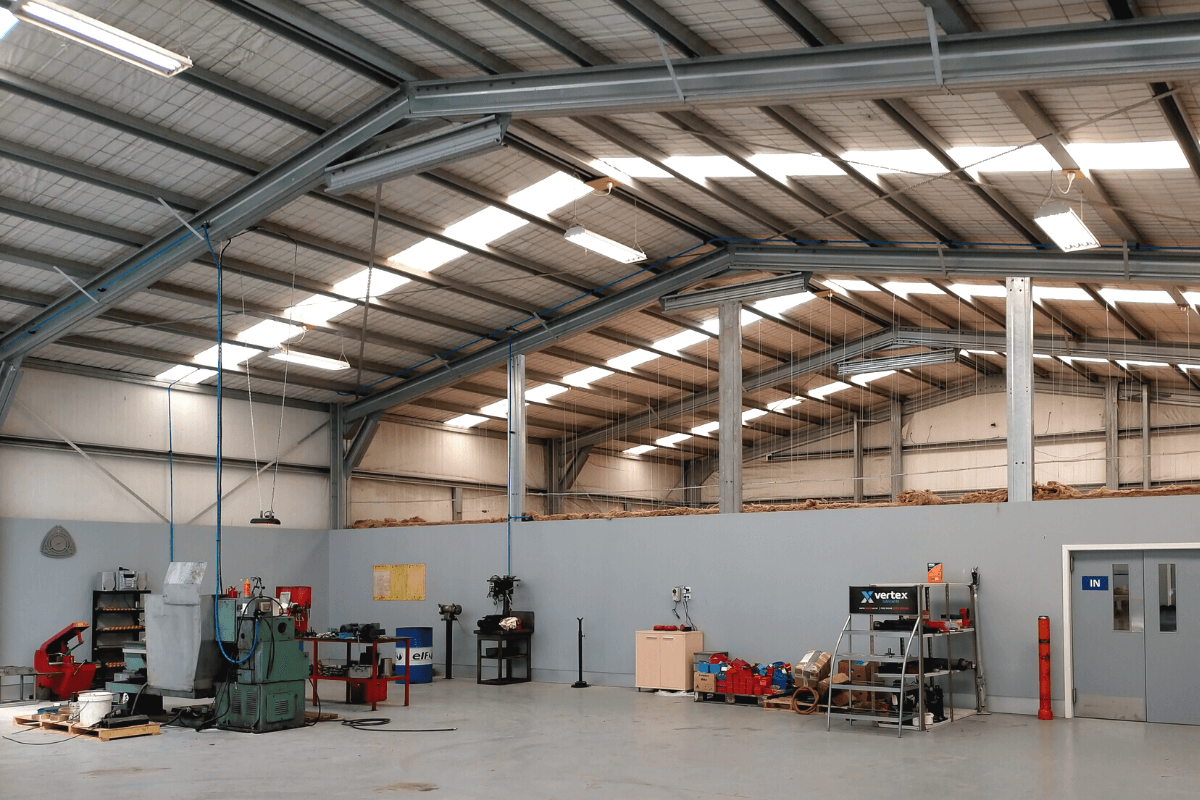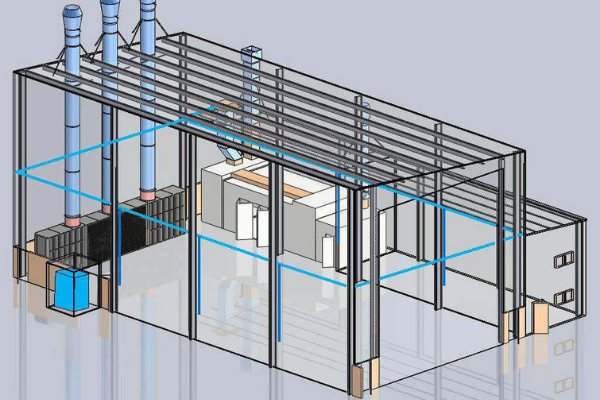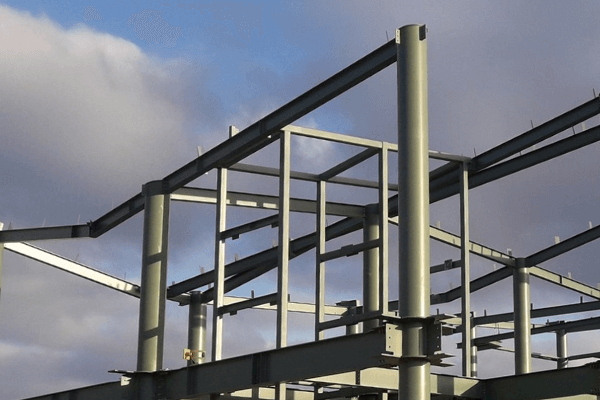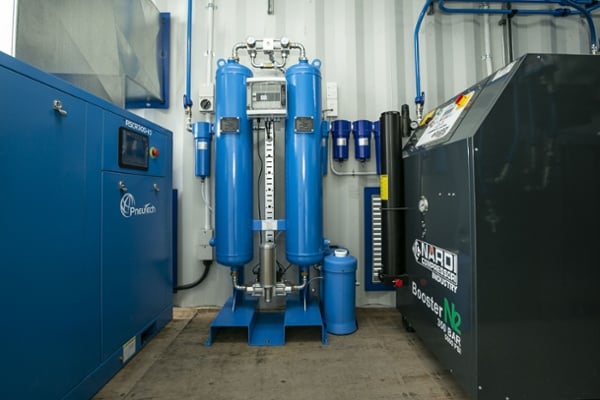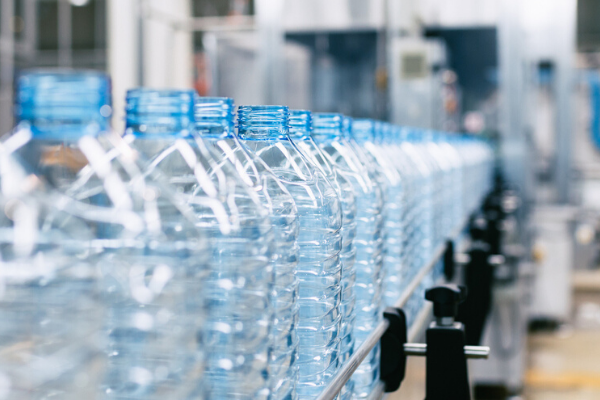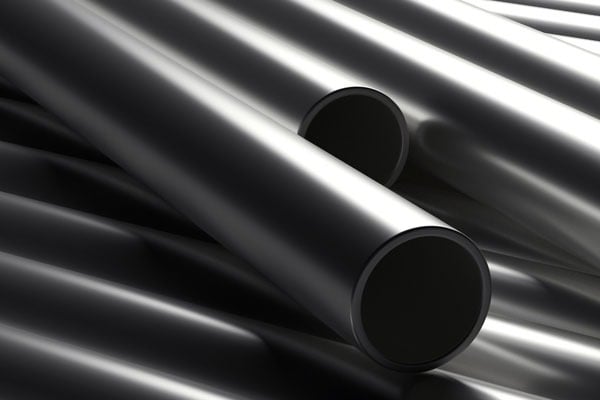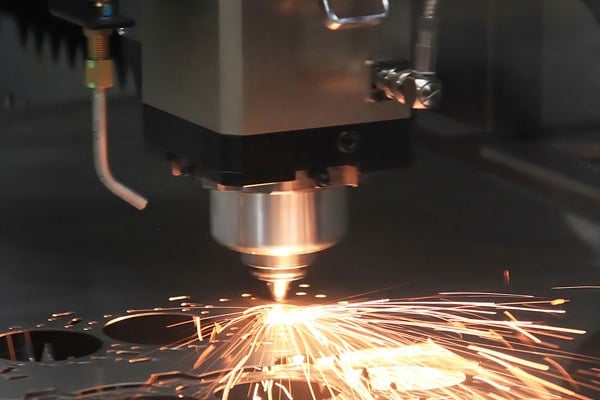Regular checks and maintenance of your air compressor can ensure that your operations run smoothly. Better yet, preventative safety checks will ensure that you avoid any breaks or faults before they happen, which will ensure no unexpected downtime.
Here we’ve outlined why air compressor maintenance is so important and some simple checks that you can do yourself before you call in the professionals!
The importance of regular air compressor checks
An air compressor is an expensive and likely vital piece of machinery for your factory, plant or workshop so it’s important that you take good care of it. A big part of this comes down to regular checking and maintenance to avoid any major problems arising that could stop productivity.
The reason why we always recommend regular checks or ‘preventative maintenance’ of your air compressor and equipment is to ensure that mechanical problems are caught before they spread and result in costly repairs and system downtime. A poorly functioning air compressor that’s left for too long could lead to a big repair bill or even worse, total replacement of your current machine.
As we’ve already mentioned, there are some great benefits to performing regular checks or preventative maintenance on your air compressor.
Save money on repairs
Maintaining your air compressors and equipment will lessen the likelihood of downtime caused by parts breaking or machine failure, therefore saving you money in costly repair bills. In turn, by saving money on repair bills you will be able to reinvest this money into your business whether that be for another air compressor, or something else!
Air compressors that don’t undergo regular maintenance are at risk of wearing out causing you to spend a significant chunk of your earnings that may have been better spent elsewhere.
Avoid costly downtimes
A malfunctioning or faulty air compressor can lead to unavoidable downtimes causing halts in production – this could end up being quite an expense should your factory rely on air compressors for important machinery and equipment.
Even if your air compressors seem to be running smoothly it still pays to perform regular checks. As the saying goes “you don’t know what you don’t know” – if you haven’t inspected your air compressor because you think that it’s running ok then you won’t spot a fault that could cause it to potentially break down a week later.
Increase efficiency
An air compressor that’s running efficiently should only use the energy that’s required. If it’s using more than it should or struggling to run then your machine is likely costing you money in electricity bills.
When air compressor maintenance is performed regularly, it allows you to see what’s performing well and what isn’t. By detecting any issues early, you will ensure that any problems with your air compressor don’t worsen and that you don’t end up using more energy than you need to.
Download your free compressed air equipment checklist here >>
Simple air compressor checks
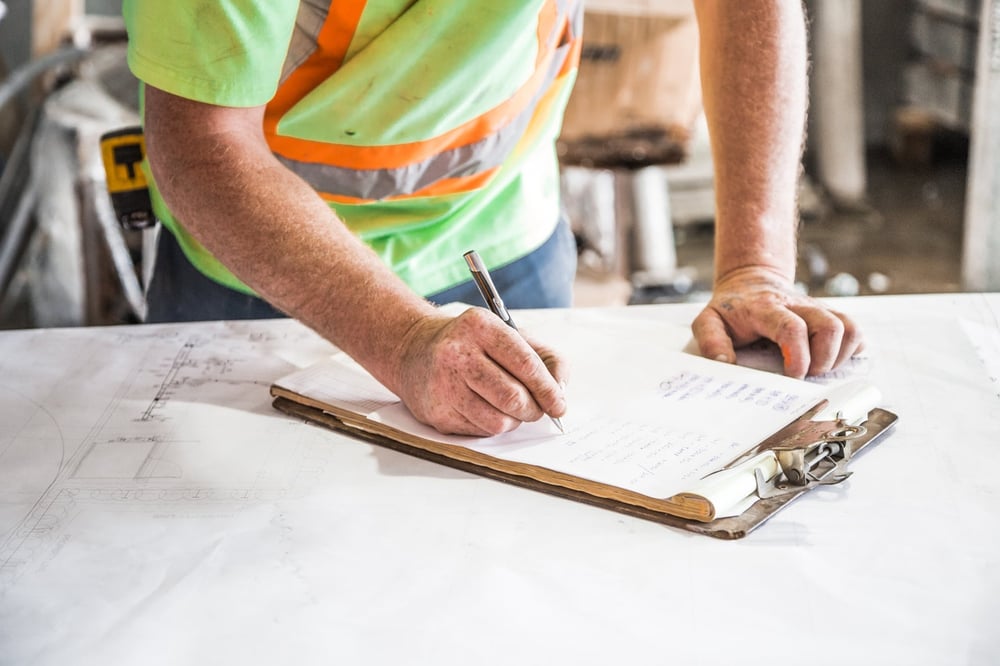
When checking your air compressor it involves more than just doing a quick once-over. There are a few important things that should be checked to ensure that your machine is running efficiently.
Here we’ve compiled a list of some easy checks that you can do yourself before you seek expert advice.
Check the air quality
The purpose of any air compressor is to produce pure and clean compressed air that various tools and equipment can use to function. As an air compressor ages, the quality of compressed air can degrade which is why it’s important to check air filters regularly to see if they need to be cleaned. Air filters should be replaced every 1,000 to 2,000 hours depending on the operating environment.
Dust and dirt can block pipes in a compressed air system and further contribute to bad air quality. Blocked pipes can also lead to machinery not performing as expected. Checking the insides of compressed air piping is another good way to ensure the quality of the compressed air.
Dirty or clogged in-line filtration is also another common cause for contamination. Ensure filters are regularly drained of any condensate, and that the elements are replaced every 2,000 to 4,000 hours.
Check the oil quality
Just like it’s important to check the oil in your car, the same goes for an air compressor. If ignored, oil has the potential to degrade the quality of compressed air. All oil-lubricated compressors will have a small amount of oil remaining in the compressed air - you should always ensure that is removed from the compressed air before it enters your factory. This is particularly important for certain applications where compressed air will come in contact with food or food packaging, is used for breathing, laser cutting, spray painting etc (the oil could damage the paint surface).
Make sure you check any oil filters regularly and replace the filter at recommended times – generally between 2,000 to 3,000 hours of use.
You should also visually check the colour of the compressor oil, in the oil sight-glass. If it looks dirty or milky, you should get it changed immediately. Your compressed air service company will usually take an oil sample for laboratory analysis at least every 4,000 hours.
Check lubricant
Lubricant plays an important part in the good functionality of any air compressor. Without it, internal metal joints and motor bearings would not function smoothly. Without lubrication, tension will occur between the metal surfaces, which will lead to corrosion. When corrosion starts, rust is likely to build and spread throughout the air compressor. Eventually, this would lead to the motor or air-end seizing.
Usually, changing the lubricant is something left to the professionals and is undertaken every 3 to 6 months. However, you can listen for odd noises from the air-end or motor (particularly a 'squealing' noise), and advise your technician if you notice something is wrong.
Check your belts
One of the final things that you can check in an air compressor are the belts. For an air compressor to operate effectively, the belts must have the right tension. Over time the rubber on a belt can wear down and if used for too long, crack.
Check any belts weekly for wear and tear and advise your technician if you notice any damage. Tensioning is done with a special tool and is usually left up to the technician.
Industrial Air Systems maintenance services
If you need extra air compressor maintenance advice, then it’s time to talk to the experts! With years of experience in the compressed air industry, our team of service technicians are on hand to help with your maintenance needs. So whether it's air quality that you’re concerned about or perhaps your air compressor has been using too much power, we’ll take a look and determine what the problem is. We have our very own master maintenance service plan so that no productivity is lost. Our systems allow us to respond same-day to your emergency compressor needs!
We have also developed a compressed air checklist that you can use in your factory or workshop. The step-by-step checklist is easy to use and allows you to check and maintain compressed air equipment. Learn more and get your free copy by clicking below.



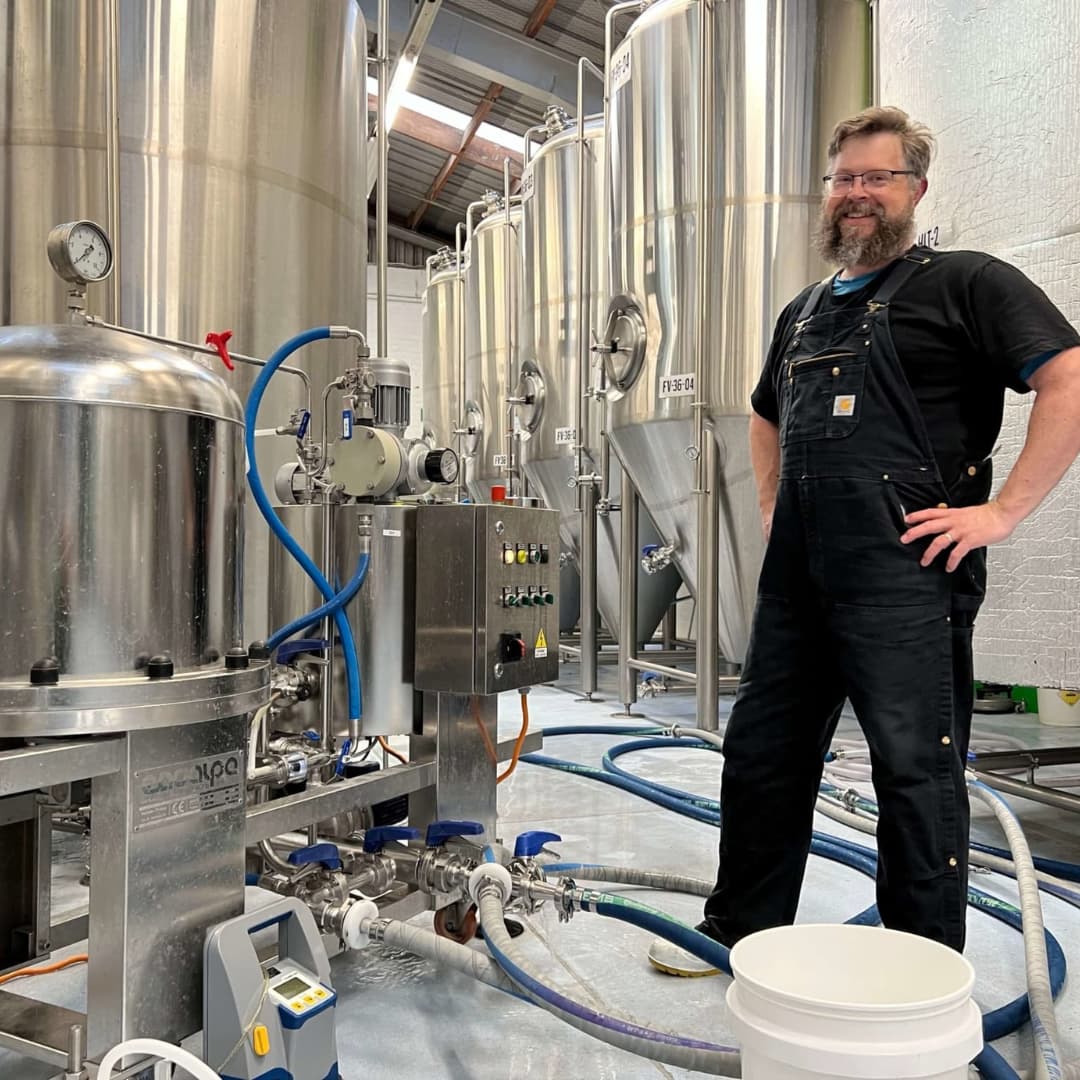
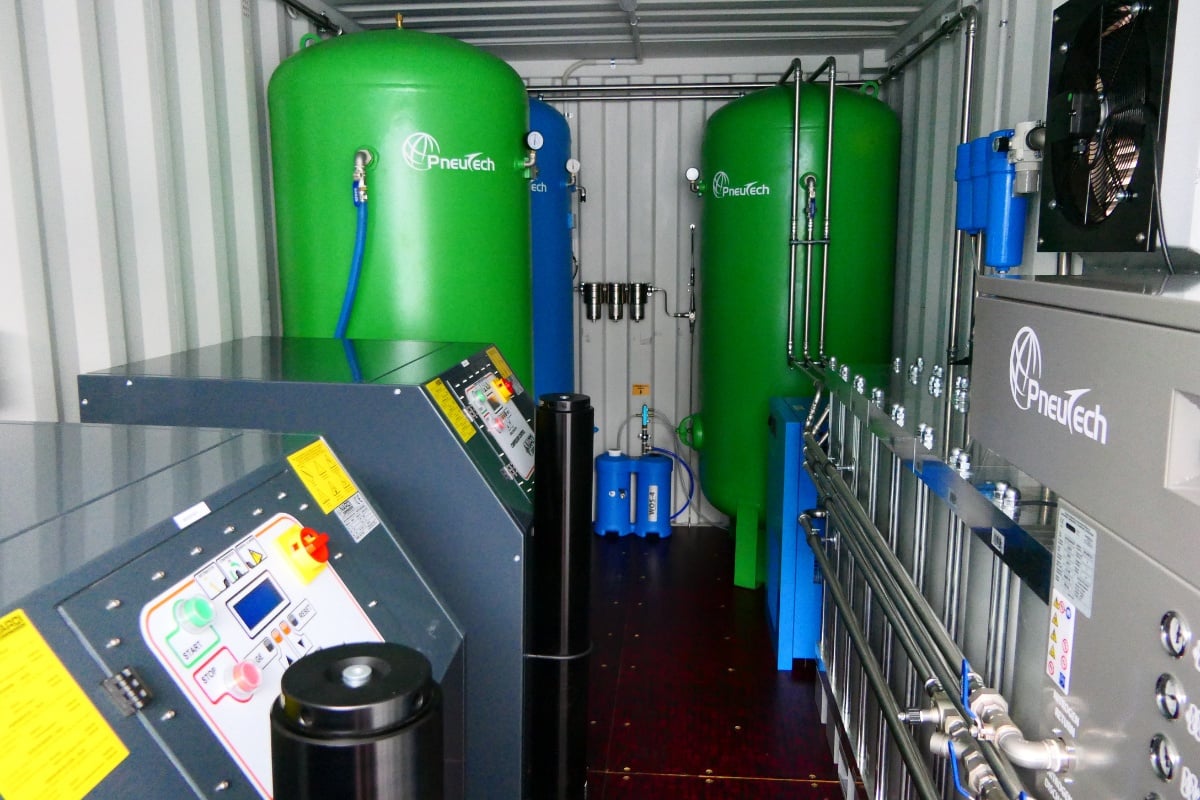
.jpg)


